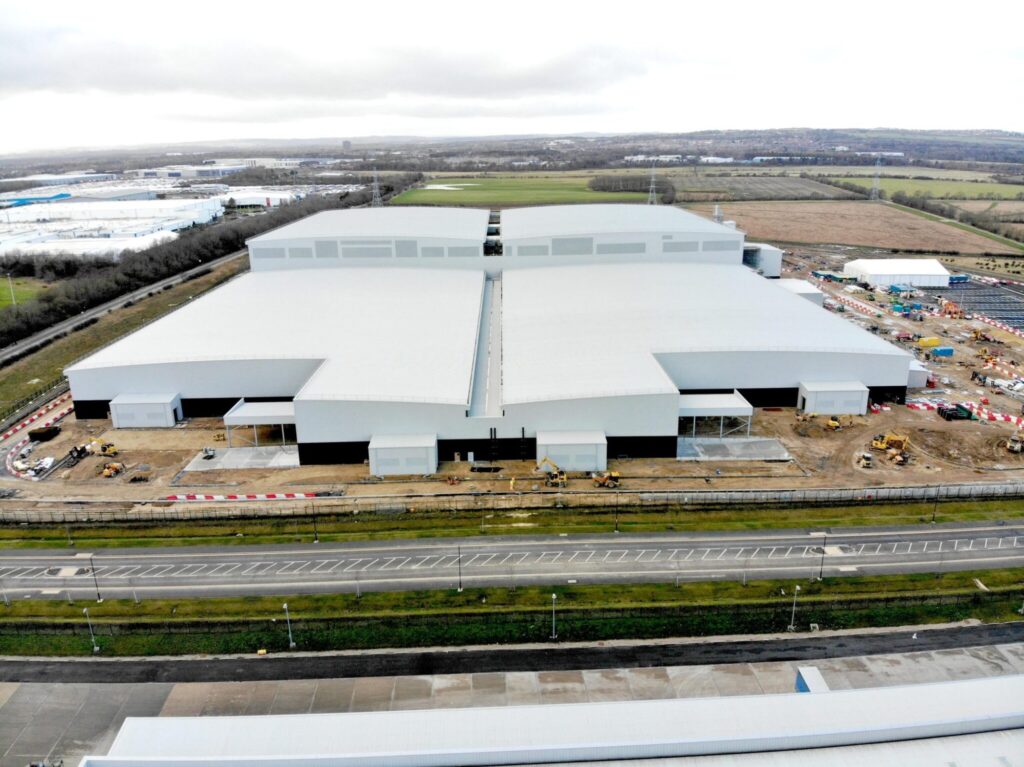The new £1 billion investment in Sunderland’s cutting-edge Gigafactory is set to charge UK electric vehicle (EV) capabilities while significantly boosting the local economy.
At the forefront of AESC, Sunderland GigaFactory Development creates 1,000 skilled jobs and produces enough batteries to power up to 100,000 electric vehicles per year.
The move places Sunderland at the forefront of the UK’s transition to clean transport, strengthening the country’s global competitiveness in the EV market.
Sunderland’s Gigafactory is a crucial step in meeting the UK’s net zero target and meeting the growing demand for sustainable mobility.
Regarding the funding of the Landmark, said Jonathan Reynolds, UK business and trade secretary. “We support the world-class automotive industry, and this investment is another vote of trust in the thriving car manufacturing hub of the Northeast, promoting 1,000 well-paid jobs and prosperity across the region.
“Our modern industrial strategy can further drive this growth, drive high potential sectors like advanced manufacturing, delivering employment and investments in every corner of the UK, and making plans for change a reality.”
How GigaFactory is funded
The project is funded through a combination of public and private support.
The National Wealth Fund and UK export financing support the venture with unlocked £680 million financial guarantees for bank funding from global institutions such as HSBC, Standard Chartered and BBVA.
An additional £320 million is protected through private equity and AESC’s own investments. The government has also pledged a grant fund of £150 million from the Automotive Transformation Fund to support the initiative.
Building a US trade agreement
The announcement follows the groundbreaking UK economic agreement that cuts tariffs on UK automobile exports from 27.5% to 10%, with the quota covering 100,000 vehicles being the total UK automobile exports last year.
This saves manufacturers hundreds of millions of millions and protects thousands of auto jobs across the country.
Matsumoto, CEO of Japan’s headquarters AESC, added:
“Through close collaboration with our strategic partners, we strive to accelerate this transition, creating high-quality local jobs and building a resilient and sustainable supply chain.”
“We are honored to use advanced battery technology to contribute to the development of a low-carbon economy.”
Why the UK must expand production of EV batteries
Sunderland GigaFactory is more than an infrastructure project. This is an intent signal.
As the world pivots towards sustainable transportation, the UK is taking critical steps to move forward, ensuring innovation, manufacturing and economic opportunities remain firmly rooted in the home.
This groundbreaking investment demonstrates its ability to coordinate industrial strategies with environmental goals. It not only helps transport dexerbonization, but also fulfills net-zero commitments, but also revitalizes communities with skilled work and long-term economic security.
With support from major financial institutions, strategic governments, and strengthening trade ties with the US, Sunderland’s Gigafactory is setting a new benchmark for UK green growth.
As global demand for electric vehicles accelerates, Sunderland and the UK as a whole are now more than ever positioned to lead charging.
Source link

